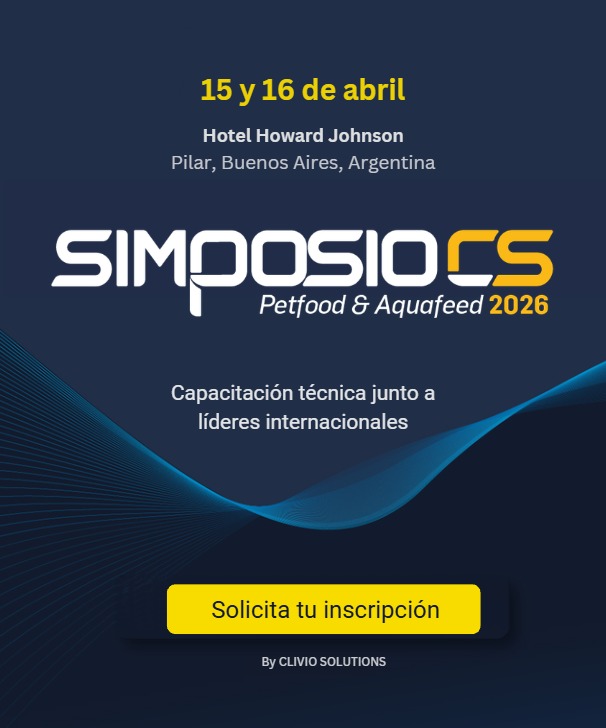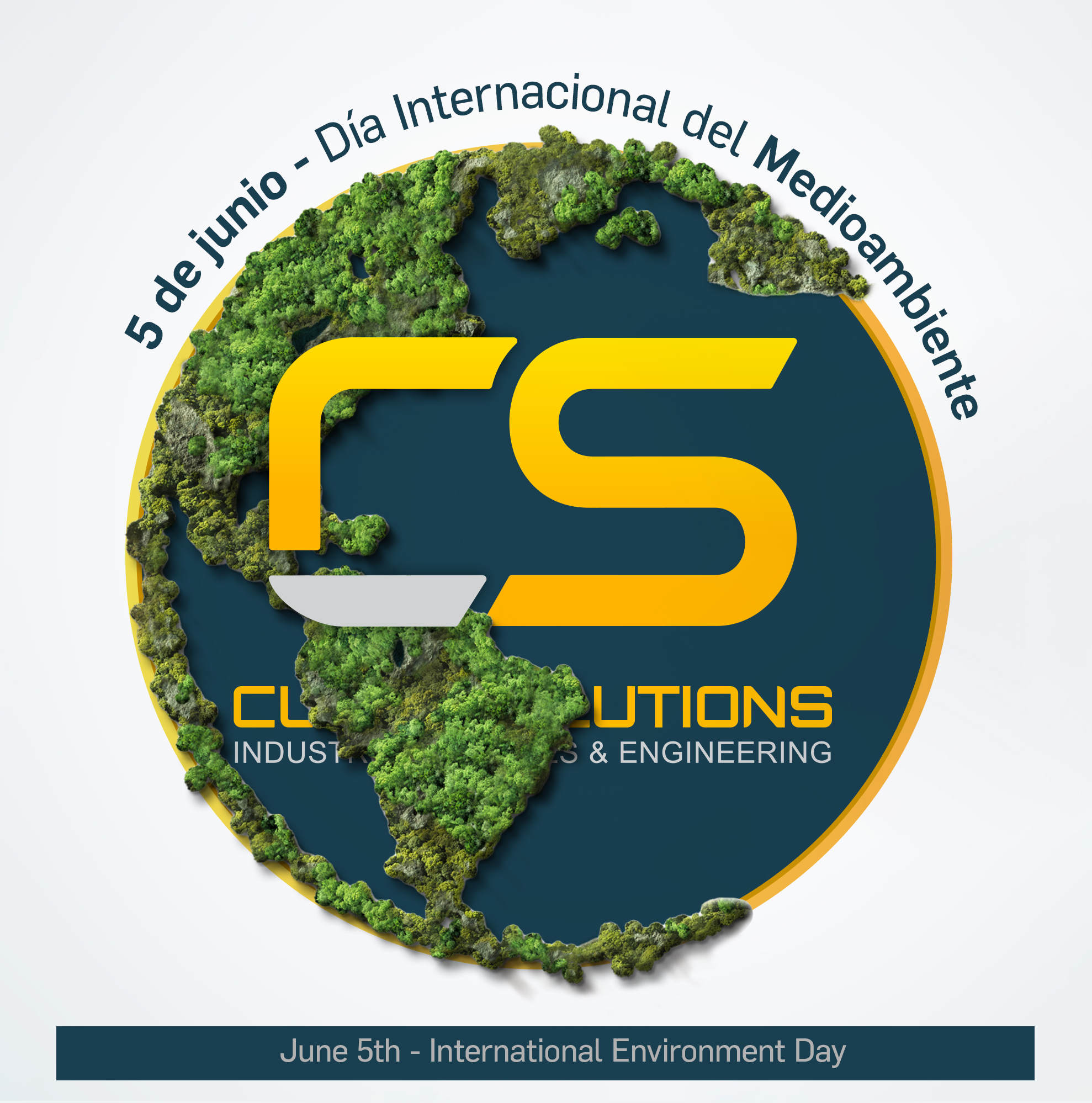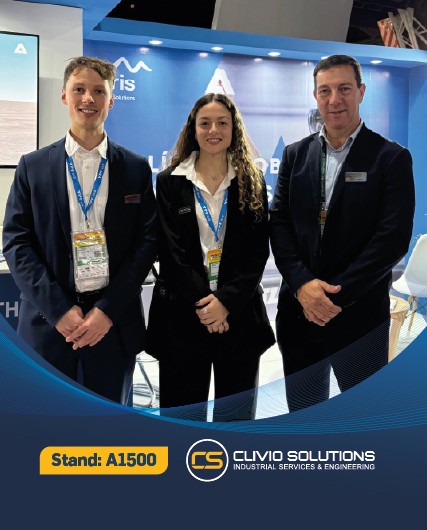

Día Mundial del Medioambiente
Tecnología e innovación para una producción sostenible en la industria de alimentos para mascotas y acuicultura
El 5 de junio se celebra el Día Mundial del Medioambiente, una oportunidad para reflexionar sobre cómo las industrias pueden evolucionar hacia modelos productivos más sostenibles, sin resignar eficiencia ni competitividad. En el caso de las industrias de alimentos para mascotas y acuicultura, el camino hacia la sostenibilidad pasa, en gran medida, por la incorporación de tecnología y el rediseño de procesos clave.
Producción eficiente con menor impacto ambiental
En el contexto actual, las plantas de pet food y aquafeed enfrentan diversos desafíos ambientales:
- Pérdidas de materia prima debido a errores de dosificación o falta de precisión en el pesaje y mezclado de ingredientes.
- Consumo energético elevado, especialmente en etapas de extrusión, secado y transporte neumático de productos.
- Subproductos que no son correctamente reutilizados, lo que implica no solo desperdicio de recursos, sino también mayores cargas orgánicas en residuos o efluentes.
- Emisión de olores generados durante el proceso de extrusión, secado o enfriamiento, que pueden afectar la convivencia con comunidades vecinas y poner en riesgo la licencia social para operar.
Soluciones técnicas con impacto ambiental real
La evolución tecnológica hoy permite a las empresas del sector abordar estos desafíos de manera concreta. Algunas estrategias relevantes:
- Implementación de sistemas avanzados de control de emisiones, que permiten reducir significativamente los olores sin recurrir a agua ni productos químicos, mediante tecnologías limpias, continuas y de bajo consumo.
- Optimización del consumo energético a través de equipos y configuraciones de proceso que aprovechan mejor la energía térmica, reduciendo la huella de carbono y los costos operativos.
- Automatización en dosificación, lo que no solo mejora la calidad del producto final, sino que reduce el uso excesivo de ingredientes y minimiza el descarte.
- Recupero y reutilización de subproductos en líneas de extrusión: una práctica cada vez más extendida que permite reincorporarlos al proceso productivo, disminuyendo el volumen de residuos y aprovechando al máximo los recursos utilizados.
Sostenibilidad como estándar industrial
Más allá del cumplimiento normativo, la sostenibilidad debe entenderse como un eje estratégico: mejora la relación con las comunidades, optimiza los costos, asegura continuidad operativa y refuerza la reputación de marca en un entorno cada vez más exigente.
Desde Clivio Solutions acompañamos a las empresas que apuestan por transformar sus procesos industriales, acercando soluciones concretas, conocimiento técnico y compromiso con una producción más responsable. Trabajamos junto a empresas que buscan mejorar su eficiencia operativa y reducir su impacto ambiental.


